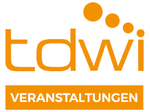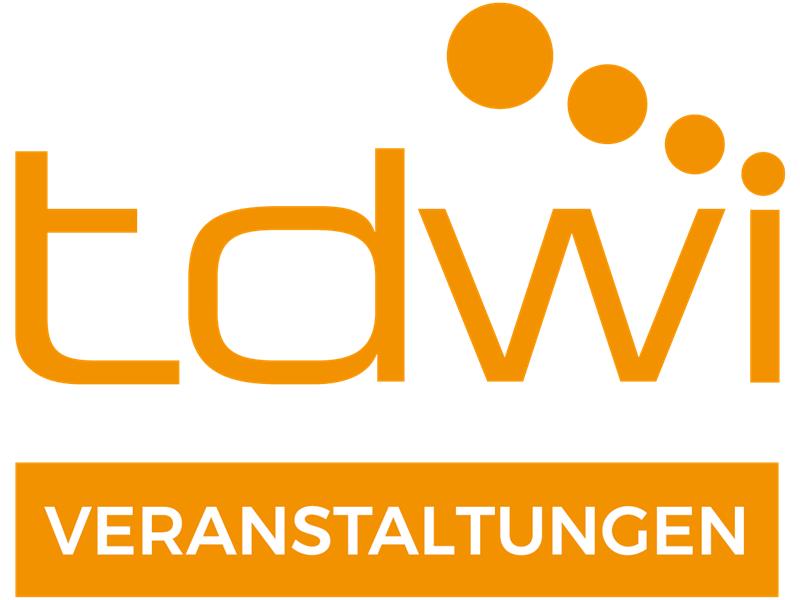
Please note:
On this site, there is only displayed the English speaking sessions of the TDWI München digital. You can find all conference sessions, including the German speaking ones, here.
The times given in the conference program of TDWI München digital correspond to Central European Time (CET).
By clicking on "EVENT MERKEN" within the lecture descriptions you can arrange your own schedule. You can view your schedule at any time using the icon in the upper right corner.
Thema: Architecture
- Montag
20.06. - Dienstag
21.06. - Mittwoch
22.06.
Fast jeder Beitrag zu moderner BIA fängt mit dem Satz an 'Noch nie wurden so viele Daten wie heute gesammelt'. Es gilt als Daumenregel: Willst du Machine Learning machen, musst du viele Daten sammeln. Da wird man schon fast zum Spielverderber, wenn man das Thema Datenlöschungen anspricht. Erfahren Sie, warum es trotzdem wichtig ist, dieses eher unliebsame Thema als Spezialfall einer Data Governance auf die Tagesordnung zu setzen.
Zielpublikum: CDOs, CISOs, IT-Leiter, Datenschutzverantwortliche
V…
The setup of a decentral function-based data governance requires time, shapes a continuous learning organisation and grows data capabilities and competence in the functions. Through these means a sustainable data culture is established and anchored, which plays a particular role in realising the strategic corporate goals, such as the digital transformation of processes.
Target Audience: Data Governance Manager, Data Passionist, CDO, CIO, Data Analytics Specialist
Prerequisites: Basic knowledge…
Künstliche Intelligenz ist schon längst dem Pionierzeitalter entwachsen. Doch um mit dem Einsatz von KI einen echten Mehrwert für das Unternehmen zu schaffen, kommt es auf die qualitativ hochwertige Bereitstellung von Daten an. Hier kommt ML Engineering ins Spiel - ein Konzept zur Bewältigung der hohen Komplexität von Daten bei der Entwicklung von KI-Systemen. Im Vortrag wird eine ML Engineering Roadmap vorgestellt, mit der dieses häufig unterschätzte und doch so kritische Konzept erfolgreich…
As the data mesh paradigm takes the industry by storm, the conversation deep dives into the architecture, neglecting the socio-organizational element. Data driven organizations must invest not only in infrastructure but also data organization and culture.
Target Audience: Executive, senior business managers
Prerequisites: None
Level: Basic
In order to succeed in creating a data driven enterprise it is clear that choosing the right data architecture is now critical. This session explores the evolution of data and analytics architecture and looks at what is needed to shorten time to value and create a data driven enterprise. It looks at the pros and cons of data lake, lakehouse and data mesh architectures and asks: Is there a best approach? Is a lot more than this needed to succeed?
Target Audience: Data architects, CDOs, CAOs,…
The data lakehouse is the new popular data architecture. In a nutshell, the data lakehouse is a combination of a data warehouse and a data lake. It makes a lot of sense to combine them, because they are sharing the same data and similar logic. This session discusses all aspects of data warehouses and data lakes, including data quality, data governance, auditability, performance, historic data, and data integration, to determine if the data lakehouse is a marketing hype or whether this is really…
A popular new architecture for offering frictionless access to data is the data fabric. With a data fabric, existing transactional and data delivery systems are wrapped (encapsulated) to make all of them look like one integrated system. A data fabric enables all data consumers to access and manipulate data. Technically, data is accessed and used through services. But data fabrics cannot be bought, they need to be designed and developed. This session discusses key guidelines for designing data…
Petrol is Slovenian company that operates in 8 countries in SEE with 5BEUR annual revenue. As traditional publicly-owned company, Petrol has faced necessity for transformation to stay ahead in highly competitive market. Use of BIA was mainly reactive, but in recent years it has transformed into competitive advantage by using cloud technologies and industry specific analytical models and focusing on the content and creating business value. This value is now being leveraged as competitive…
Often, existing data architectures can no longer keep up with the current 'speed of business change'. As a result, many organizations have decided that it is time for a new, future-proof data architecture. However, this is easier said than done. In this session, ten essential guidelines for designing modern data architectures are discussed. These guidelines are based on hands-on experiences with designing and implementing many new data architectures.
Target Audience: Data architects, enterprise…

